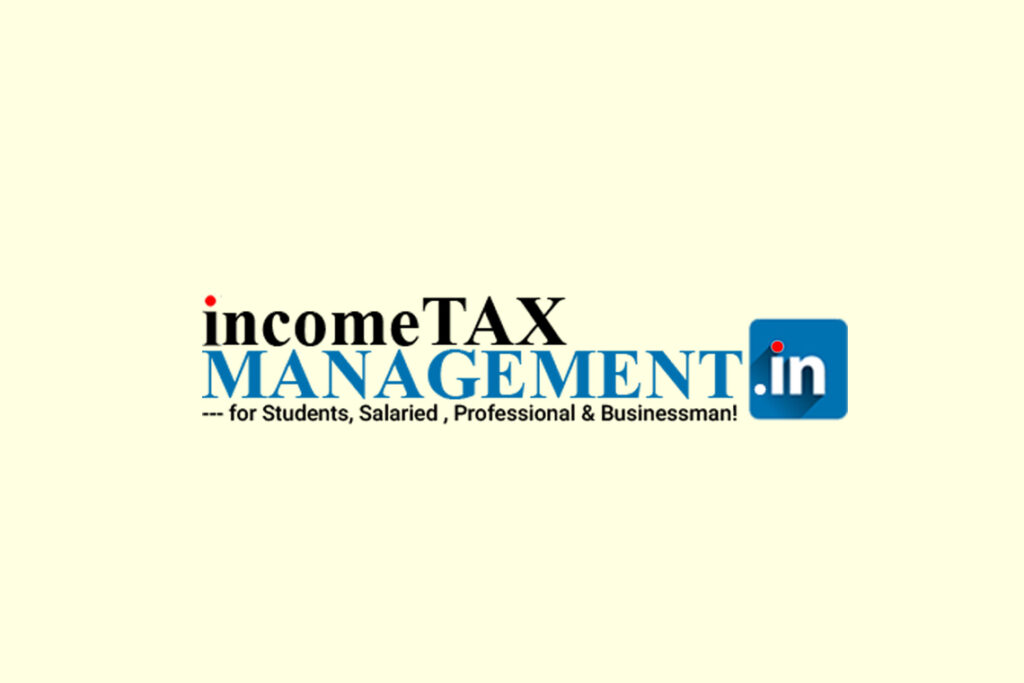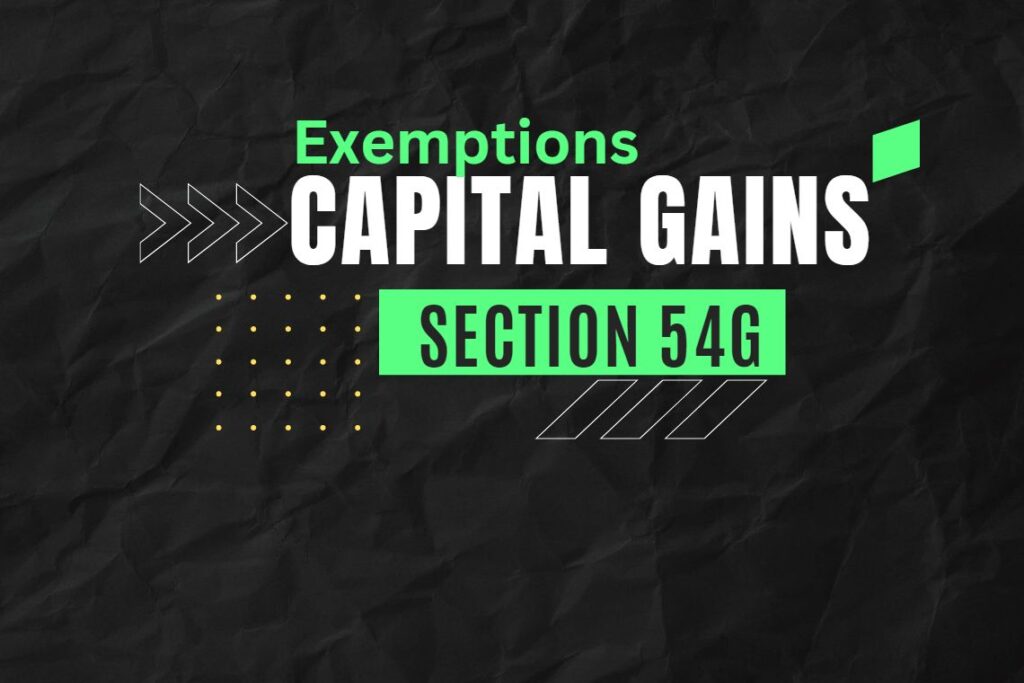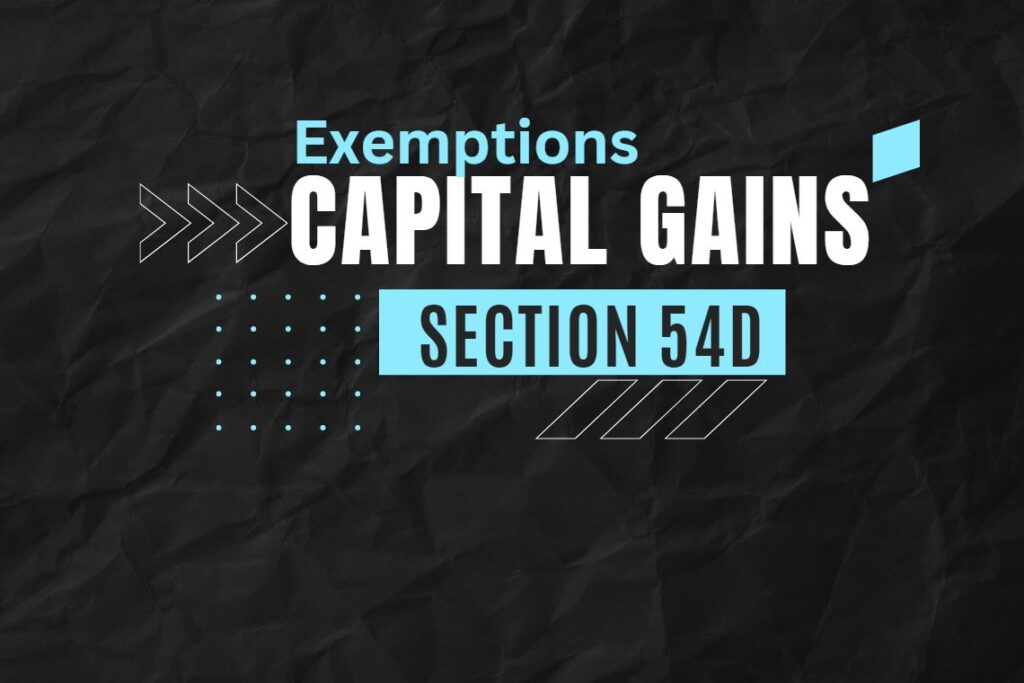Section 55(1)(b) of the Income Tax Act, 1961, defines the cost of improvement for capital assets, which is crucial for computing capital gains tax. This provision specifies what expenditures qualify as improvements and how they are treated for tax purposes.
Key Provisions Under Section 55(1)(b)
1. Definition of Cost of Improvement
- Capital expenditureincurred by the assessee (or previous owner) to:
- Make additions or alterationsto the asset.
- Enhance its value(e.g., renovations, structural changes).
- Protect or cure title(e.g., legal fees for resolving ownership disputes) 5.
2. Exclusions from Cost of Improvement
- Expenses deductible under other heads(e.g., repairs claimed under “Income from House Property” or business expenses under “Profits and Gains from Business or Profession”) 5.
- Improvements made before 1st April 1981(for assets acquired before this date, only post-1981 improvements are considered) 5.
- Certain intangible assets(e.g., goodwill, trademarks, business rights) have a deemed cost of improvement = Nil 5.
3. Special Cases
(a) Inherited/Gifted Assets
- If the asset was acquired via inheritance, gift, or will, the previous owner’s improvement costsare added to the cost basis 5.
- Example: If a property was improved by the previous owner (e.g., ₹5 lakh for a new floor), this amount is included in the cost of improvement.
(b) Self-Generated Assets
- Goodwill, trademarks, or business rights: No cost of improvement is allowed (deemed Nil) unless purchased 5.
(c) Indexation Benefit
- For long-term capital assets, improvement costs can be adjusted for inflation using the Cost Inflation Index (CII)from the year the improvement was made 5.
- Formula:
Practical Examples
Case 1: Property Improvements
- Asset: Bought in 2005 (CII: 117)for ₹20 lakh.
- Improvement in 2010 (CII: 167): ₹5 lakh (new kitchen).
- Sold in 2025 (CII: 348):
- Indexed Improvement Cost= ₹5 lakh × (348/167) ≈ ₹10.42 lakh.
- Total Cost (Acquisition + Improvement)= ₹20 lakh (indexed) + ₹10.42 lakh = ₹30.42 lakh.
Case 2: Inherited Property with Improvements
- Previous owner’s cost (2000): ₹10 lakh.
- Improvement by heir (2020): ₹3 lakh (new roof).
- Taxable Cost: ₹10 lakh (indexed) + ₹3 lakh (no indexation if short-term).
Comparison: Cost of Acquisition vs. Improvement
| ASPECT | COST OF ACQUISITION | COST OF IMPROVEMENT |
| Applicability | Purchase price + incidental expenses | Post-purchase enhancements |
| Indexation | Allowed for long-term assets | Allowed if improvement is long-term |
| Intangible Assets | Nil for self-generated (e.g., goodwill) | Always Nil for self-generated |
Key Takeaways
✔ Qualifying expenses: Structural upgrades, legal title fixes (not repairs).
✔ No improvement cost for goodwill/trademarks unless purchased.
✔ Indexation applies only if the asset is held long-term.
✔ Documentation: Maintain bills, contracts, and approval records for improvements.











